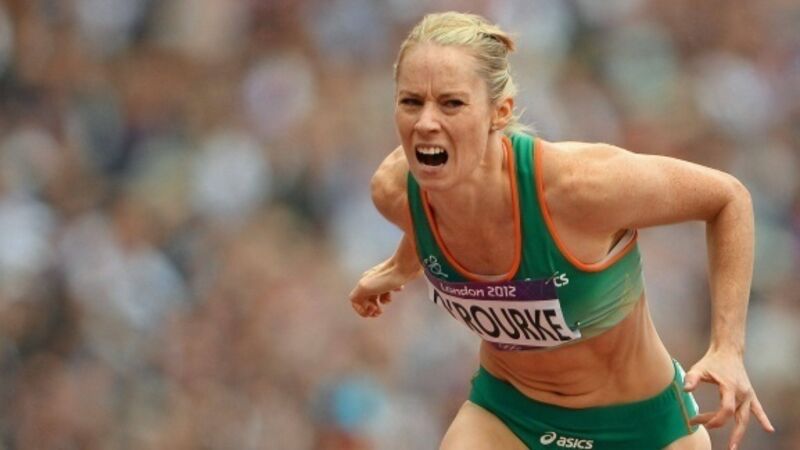Whatever the flag, pride in who you represent is vital

I’ve been happily watching all types of sports and I’ve developed expert knowledge in floor routines and diving and all from the comfort of my couch.
Watching major events like this throws up the topic of national identity. Watching people giving their all in their sporting endeavours and then draping themselves in their country’s flag is what it’s all about.












